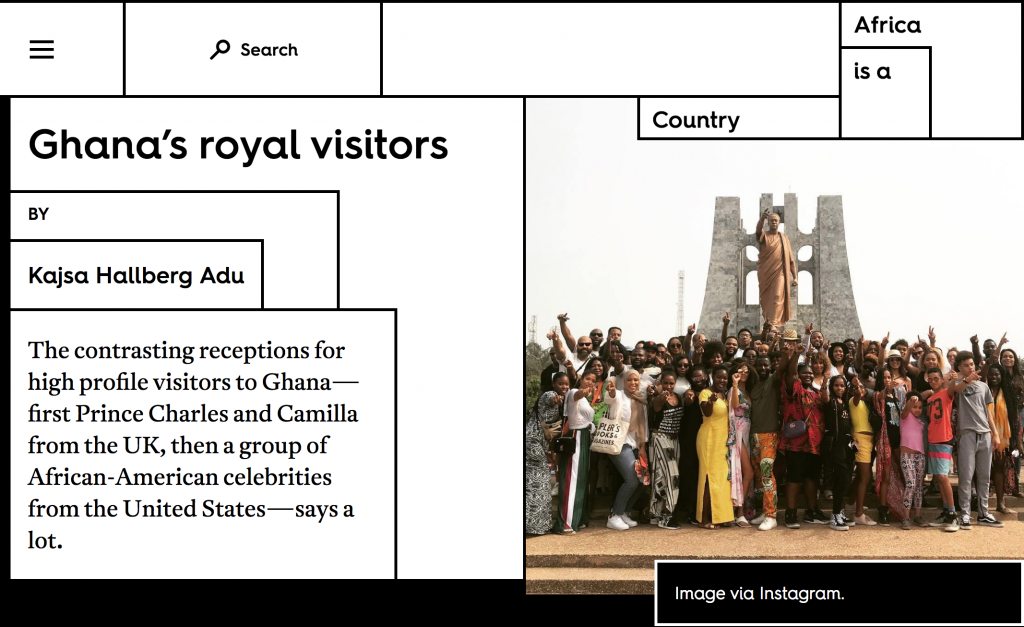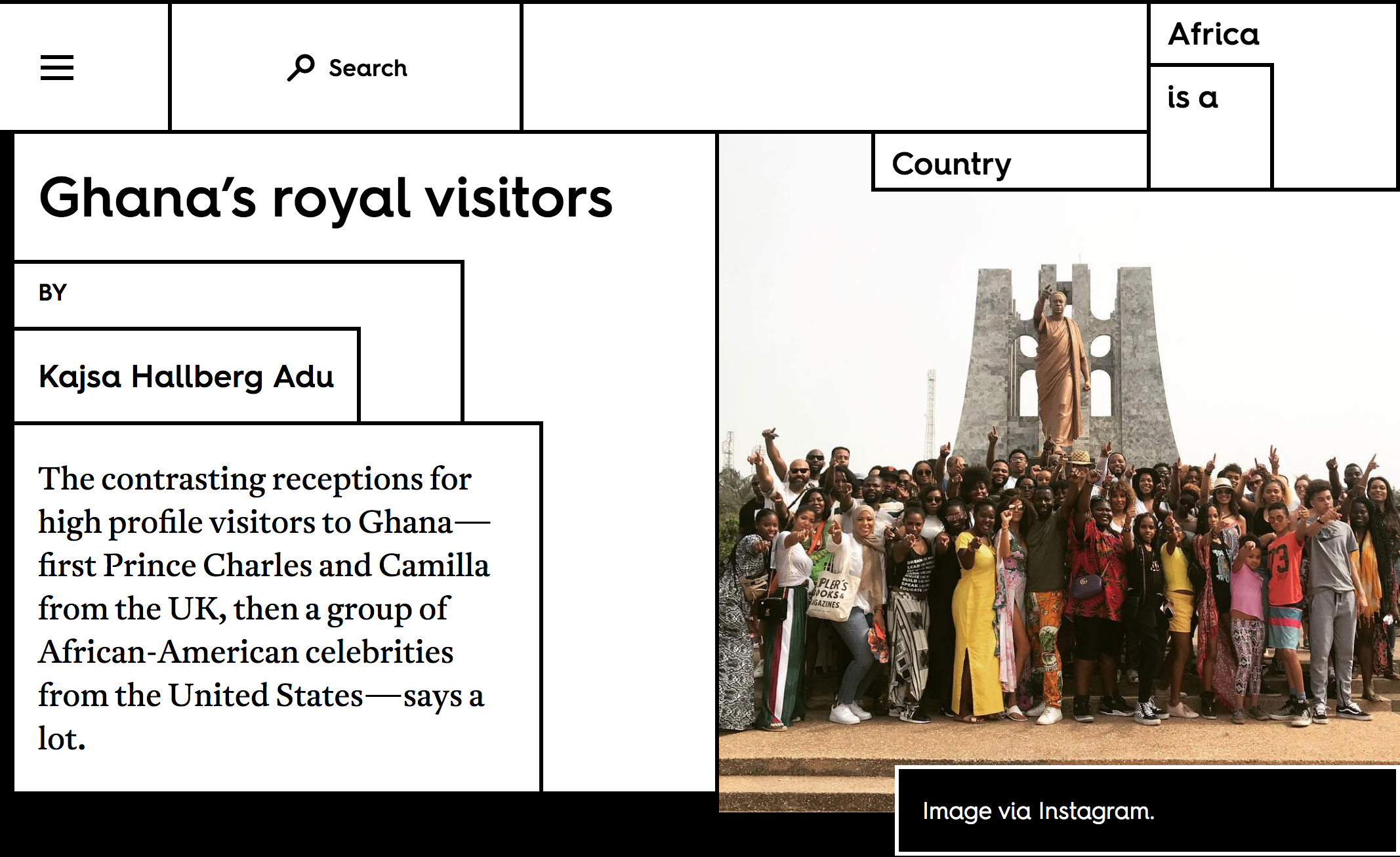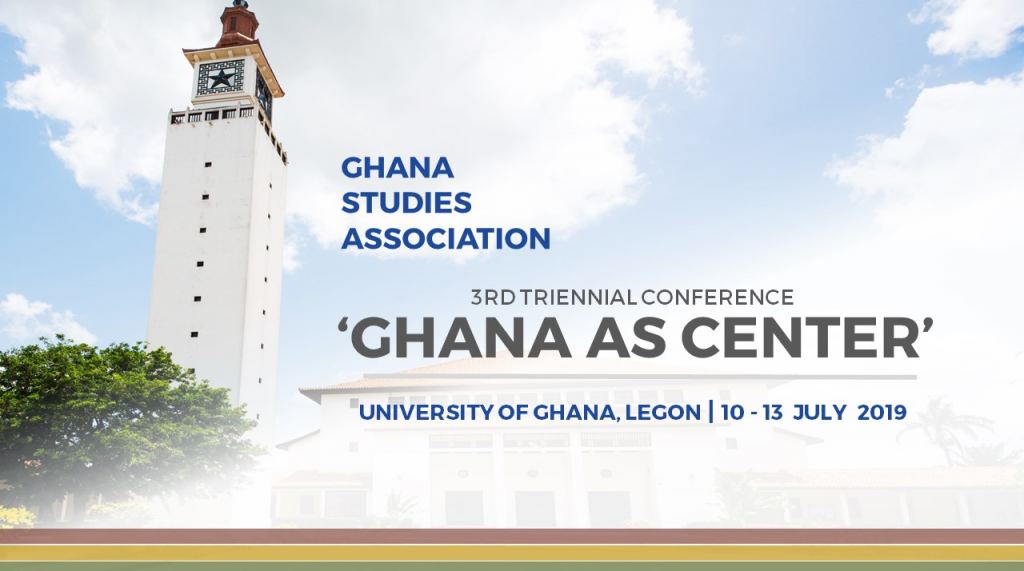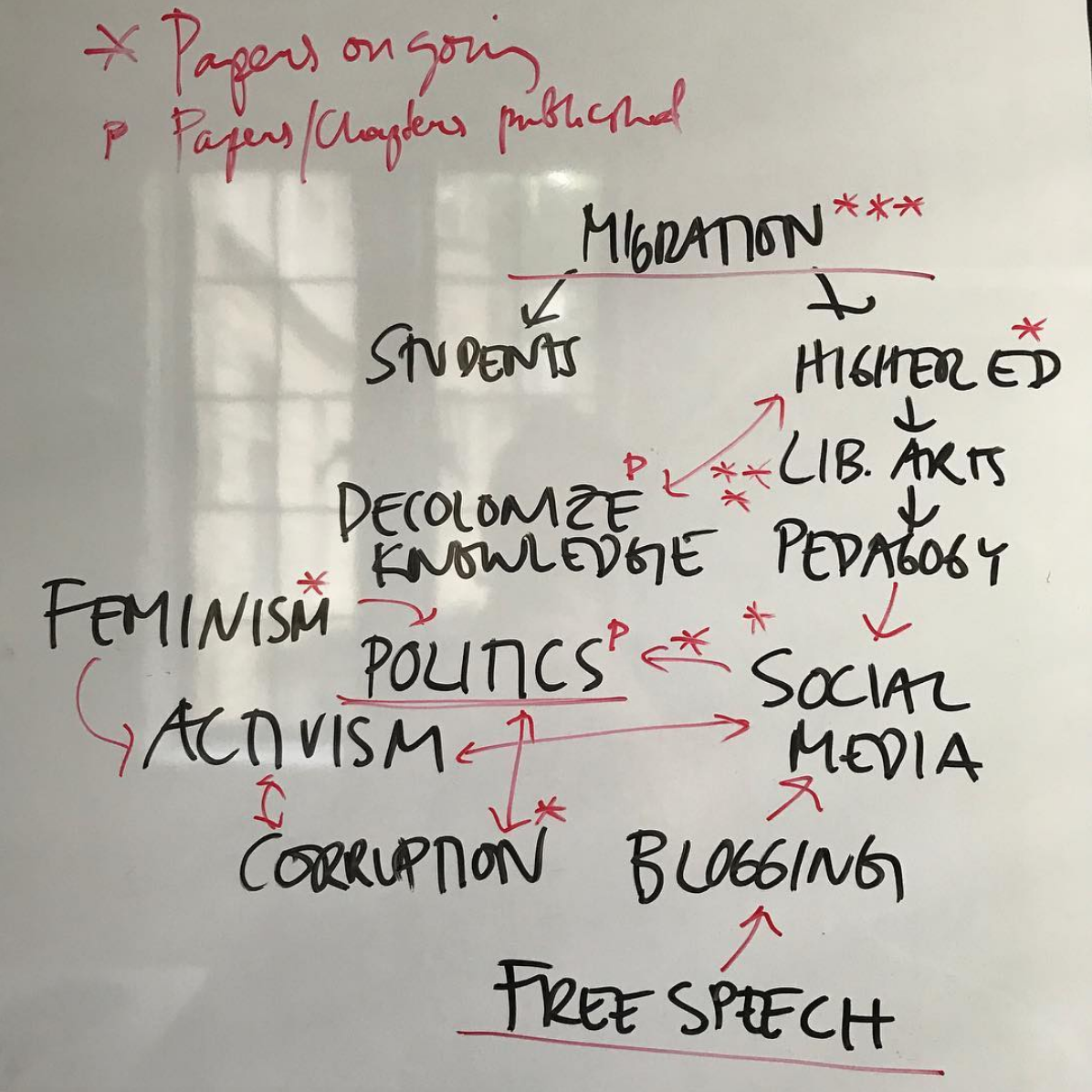After 11 years in Ghana, I have applied to become a Ghanaian Citizen. This is the third post in the series of my experience of the application process. Read part 1 Submitting the application and paying the fee and 2 Submitting the Application to Ghana Immigration Service.
Just before the holidays, I sent a few WhatsApp
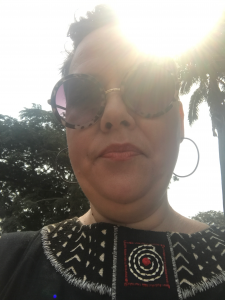
messages to my Ministry of Interior contact to ask of my citizenship application. I wanted specifically to know if the application had reached the stage where they would make a home visit and interview my husband and me. After a little back and forth, we decided on the last Friday before Christmas.
It was a brief affair. After arriving almost two hours late, due to Christmas traffic and phone network disturbances to clarify our location, the visit / interview seemed to be centered around two issues:
- Did we live where we said we lived?
- Had my husband written the “consent letter” to support my application included in my docket?
Everything else was pleasantries that reminded me of cordial, although formal, family visits before an engagement or similar where you take turns to welcome/accept the welcome, offer water/drink the water, and state the purpose of the visit/ accept the purpose of the visit.
At the tail end of the two officers’ visit, we enquired how long it would be before my application was concluded and were told it would most likely be finalized in the first quarter of this year.
So there we have it, step three toward my Ghanaian citizenship is now behind me. End of this month, it will be one year since I started the process and took the selfie that illustrates this post at the Ministries in Accra.
If you have any questions on this process, please post them below and I will do what I can to help.
